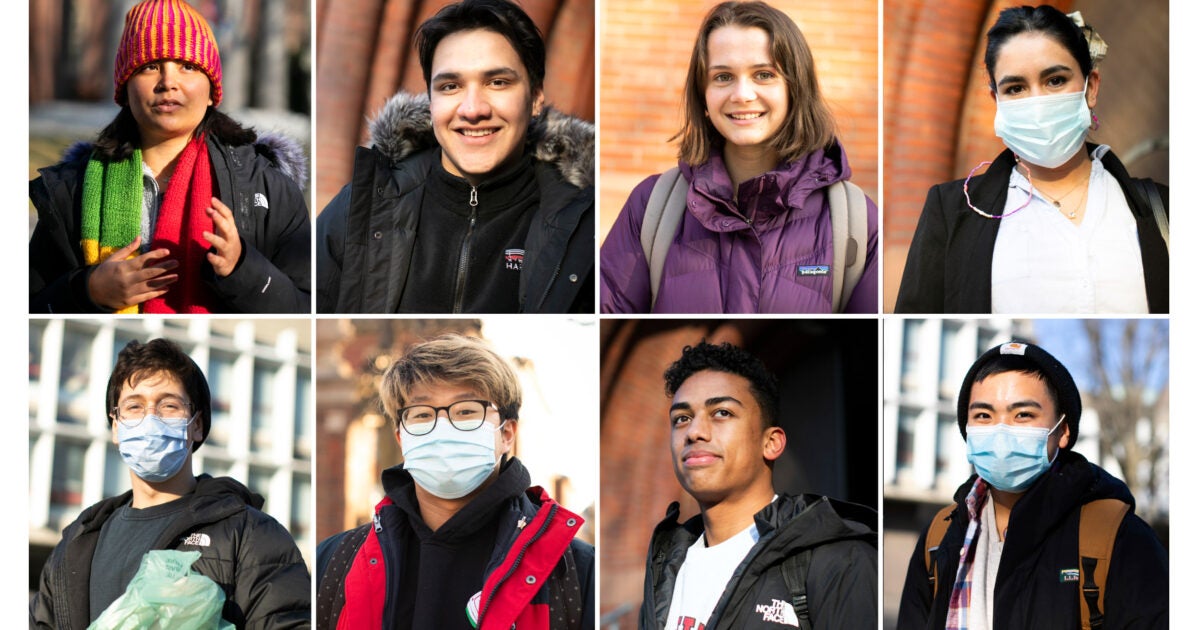Culpability and Responsibility
Lately, I've been thinking about the difference between culpability and responsibility. Culpability, of course, has to do with blame. When we cause a problem, we are at fault. We are guilty. We are culpable.
Often, we use responsibility in this same way. We might say, "I'm responsible for my mistakes," meaning that I am to blame for them.
But I don't think this is what responsibility is really about.
The root word for "responsibility" is response. We are responsible for something when we are called to respond to it. Sometimes, we are both culpable and responsible: it's my fault and now I must respond to it. But this isn't always the case.
As a teacher, for example, I sometimes have students come into my classroom who aren't prepared (yet!) for the work of the class. In some cases, they've been at a different institution with different expectations. In other cases, they've been passed along even though they didn't really meet the expectations of previous courses. When they walk into my classroom, I am not culpable for this lack of preparation, but I am now responsible for it. My job is to help the student learn and grow: I'm answerable for their success in my class. I'm now responsible for that student's growth.
This is where the recent conversation about Critical Race Theory, I think, has gone off the rails a bit. Many of the arguments I've been reading have talked about how past oppression — e.g., centuries of enslavement — is not my fault (speaking as a white person here); therefore, I'm not responsible for it.
This argument, however, confuses culpability and responsibility. I am not culpable for the development of the systems that led to enslavement, Jim Crow, redlining, underfunded schools, etc. I didn't do that. I'm only forty years old; I wasn't alive in the heyday of those policies.
But I am living in a world built by those policies; therefore, I am now responsible for them.
Most of the links in this month's "From Around the Web" deal with this issue. How are we responding to our history? What do we do? Where do we go from here?
This Month on ROOTED

From Around the Web






About
ROOTED Monthly is a fresh collection of posts, links, and ideas about teaching. Please feel free to forward this newsletter or ask friends to subscribe. We'd love to reach a larger audience, especially if it will be helpful to any educators out there. Lastly, we would love to feature your voice on ROOTED. If you have an idea for an article, please go to our submissions page and get in touch with us.






Comments